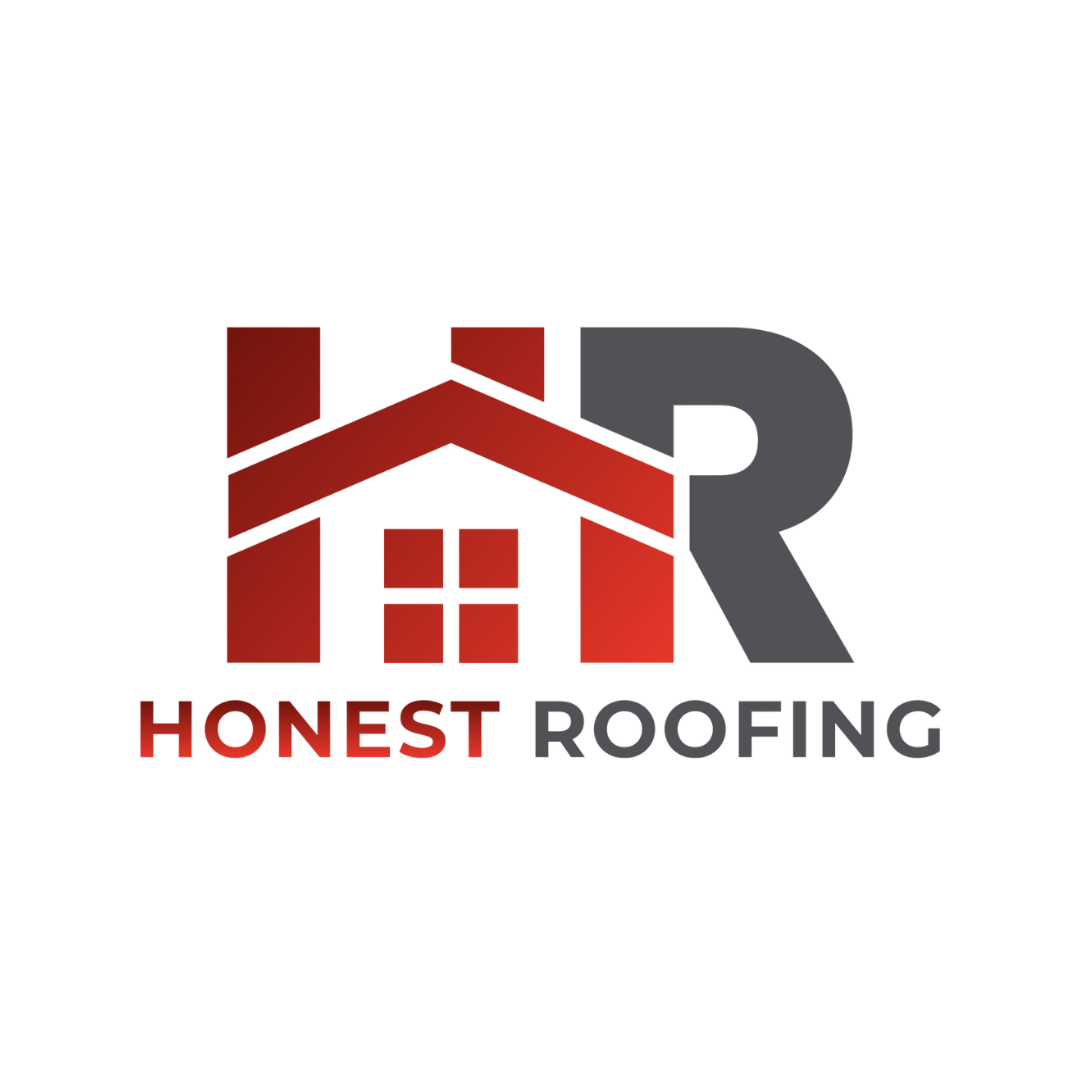Florida Roof Wind Damage Guide: How to Spot It and Fix It Fast
- Honest Roofing FL

- Oct 10, 2025
- 3 min read
Florida homeowners know that wind is one of the most destructive forces affecting roofs. From tropical storms in Miami to hurricane gusts near Tampa and Jacksonville, even short-lived high winds can lift shingles, damage flashing, and compromise your home’s structural integrity.

This Florida Roof Wind Damage Guide helps you understand the warning signs, inspection steps, and repair solutions. Following these expert steps will keep your roof secure and prevent long-term damage.
Why Wind Damage Matters in Florida
Florida’s climate makes roofs vulnerable to:
High gusts and sustained winds from tropical storms and hurricanes
Flying debris that can puncture shingles or metal roofing
Wind-driven rain that forces water under lifted shingles or damaged flashing
Even minor wind damage can cause leaks, mold, or structural decay. Roof edges and overhangs are especially susceptible to uplift and water intrusion.
Common Signs of Wind Damage
Florida homeowners should check both the exterior and interior of their roof system after a storm:
Exterior Indicators
Lifted, curled, or missing shingles, particularly at edges and corners
Loose or damaged ridge caps
Exposed underlayment or cracked flashing
Broken or bent gutters and downspouts
Displaced vents, chimneys, or roof penetrations
Accumulated granules in gutters, signaling shingle wear
Interior Indicators
Water stains or discoloration on ceilings or walls
Damp insulation in the attic
Mold or mildew in corners and eaves
Sagging roof decking or rafters
Early detection in cities like Orlando, Tampa, and Miami is critical because Florida’s high winds can quickly worsen minor damage.
Step-By-Step Wind Damage Inspection
1. Ensure Safety
Wait until winds have completely stopped
Avoid walking on wet or steep roofs — use binoculars or drones for initial checks
2. Inspect Roof Edges and Corners
Uplift is most common at eaves, gables, and rakes
Check for shingles lifting, curling, or separating
3. Examine Flashing and Penetrations
Look for gaps, cracks, or loose metal around vents, chimneys, skylights, and valleys
Dislodged flashing can let water infiltrate the home
4. Check Ridge Caps
Loose or missing ridge caps are often the first sign of wind stress
Re-secure or replace if damaged
5. Inspect Gutters and Downspouts
Bent or detached gutters indicate strong wind force
Clean debris and ensure proper water flow
6. Document All Damage
Photograph affected areas, noting location and severity
Include wide and close-up shots for insurance claims
7. Interior Inspection
Check ceilings, walls, and attic for water stains, damp insulation, or mold growth
Listen for dripping sounds during rainfall
How to Fix Wind Damage
Minor Repairs
Re-seat or re-adhere lifted shingles using roofing adhesive
Replace cracked or missing shingles
Tighten or reseal flashing
Reattach ridge caps
Moderate Repairs
Partial roof section replacement
Upgrade fasteners or re-nailing to meet Florida code
Install high-wind rated vents and flashing systems
Major Repairs / Full Replacement
Strip damaged roofing material and inspect sheathing
Replace compromised decking or rafters
Install wind-rated underlayment, flashings, and shingles per Florida building codes (Florida Building Code Roof Compliance Explained)
Preventive Measures for Florida Roofs
Schedule regular roof inspections, especially before and after storm season
Trim overhanging trees and secure outdoor furniture
Keep gutters clear to prevent water backup
Consider professional wind mitigation upgrades
Insurance and Documentation Tips
Contact your insurance provider immediately after a wind event
Provide detailed photos and descriptions of damage
Keep receipts for temporary repairs (tarps, minor fixes)
For guidance on insurance coverage, see Florida Roof Insurance Requirements: A Quick Guide
Conclusion
Wind damage may start small but can escalate quickly in Florida. By following this guide, you can spot, document, and repair wind damage promptly, protecting your home and investment.
If you suspect wind damage to your roof, contact Honest Roofing FL — we provide expert inspections, code-compliant repairs, and storm mitigation solutions across Orlando, Tampa, Miami, Jacksonville, and Fort Myers.








